Indian cinema has long been a mirror to the country's evolving spirit - and at the heart of its most powerful stories have been extraordinary women who broke barriers, challenged norms, and paved the way for generations to come. The Dadasaheb Phalke Award, the highest honour in Indian cinema, has recognised a handful of these trailblazers over the decades - women whose artistry, courage, and resilience shaped the industry in profound ways.
Let’s take a closer look at the iconic women who have received this prestigious accolade and left an indelible mark on Indian cinematic history.
Devika Rani (1969)
Often hailed as the “First Lady of Indian Cinema,” Devika Rani was the first woman - and indeed the very first ever - to receive the Dadasaheb Phalke Award. Her career began at a time when acting was considered taboo for women from 'respectable' families. Trained in the arts in London and Germany, she dazzled audiences with her bold performances, including the famous on-screen kiss in Karma (1933), which caused quite a stir. Beyond acting, she co-founded Bombay Talkies, one of India's pioneering studios, nurturing new talent and setting new benchmarks for Indian filmmaking.
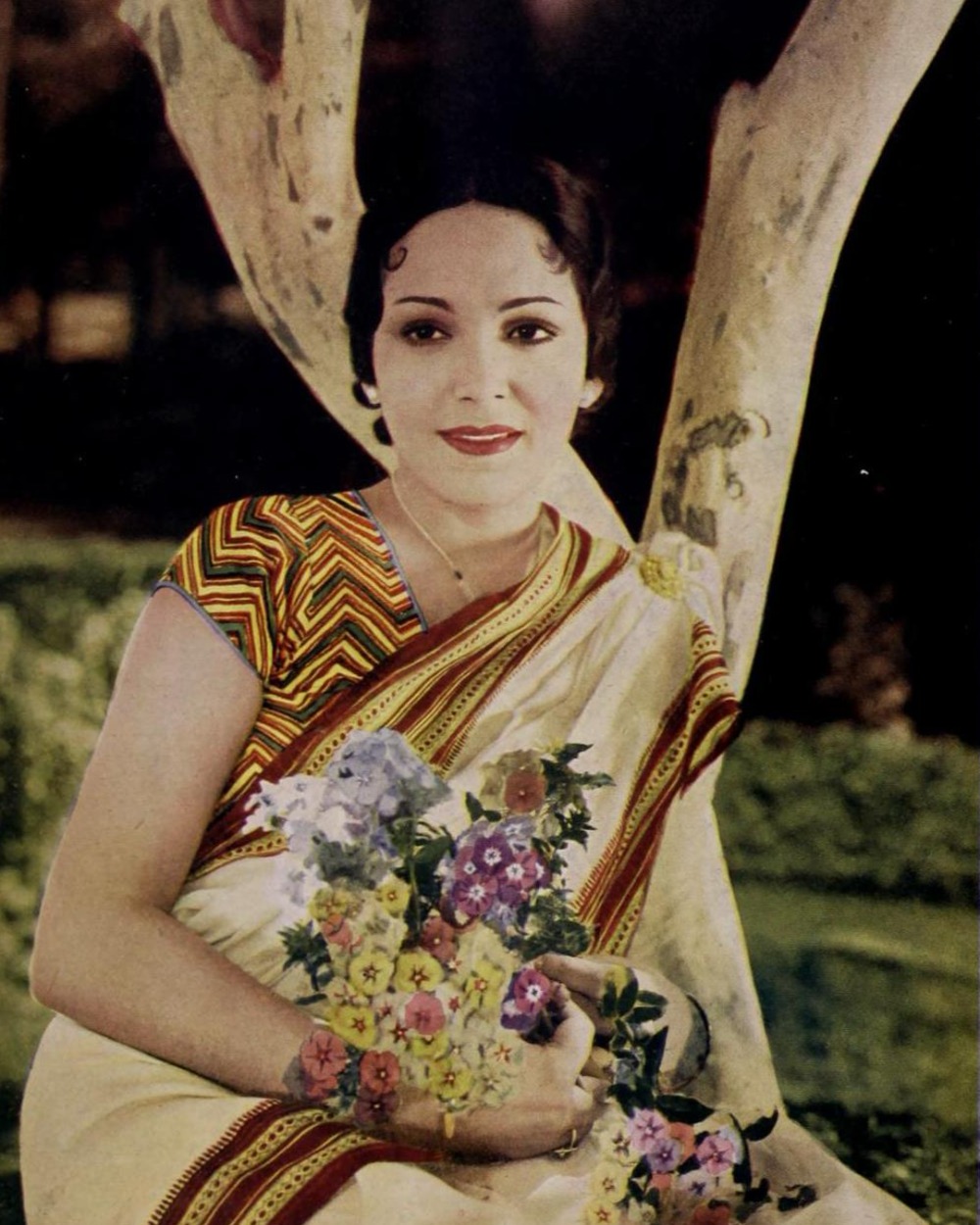
Ruby Myers (Sulochana) (1973)
A silent film superstar, Ruby Myers, known by her stage name Sulochana, became a symbol of glamour and sophistication in the early years of Indian cinema. A Baghdadi Jewish actress, she was one of the few women to reach meteoric fame during a period when most female roles were played by men. Her magnetic presence in films like Madhuri and Anarkali helped define the silent film era. Posthumously honoured with the Dadasaheb Phalke Award, Sulochana’s story remains a testament to the timeless power of screen charisma.
Kanan Devi (1976)
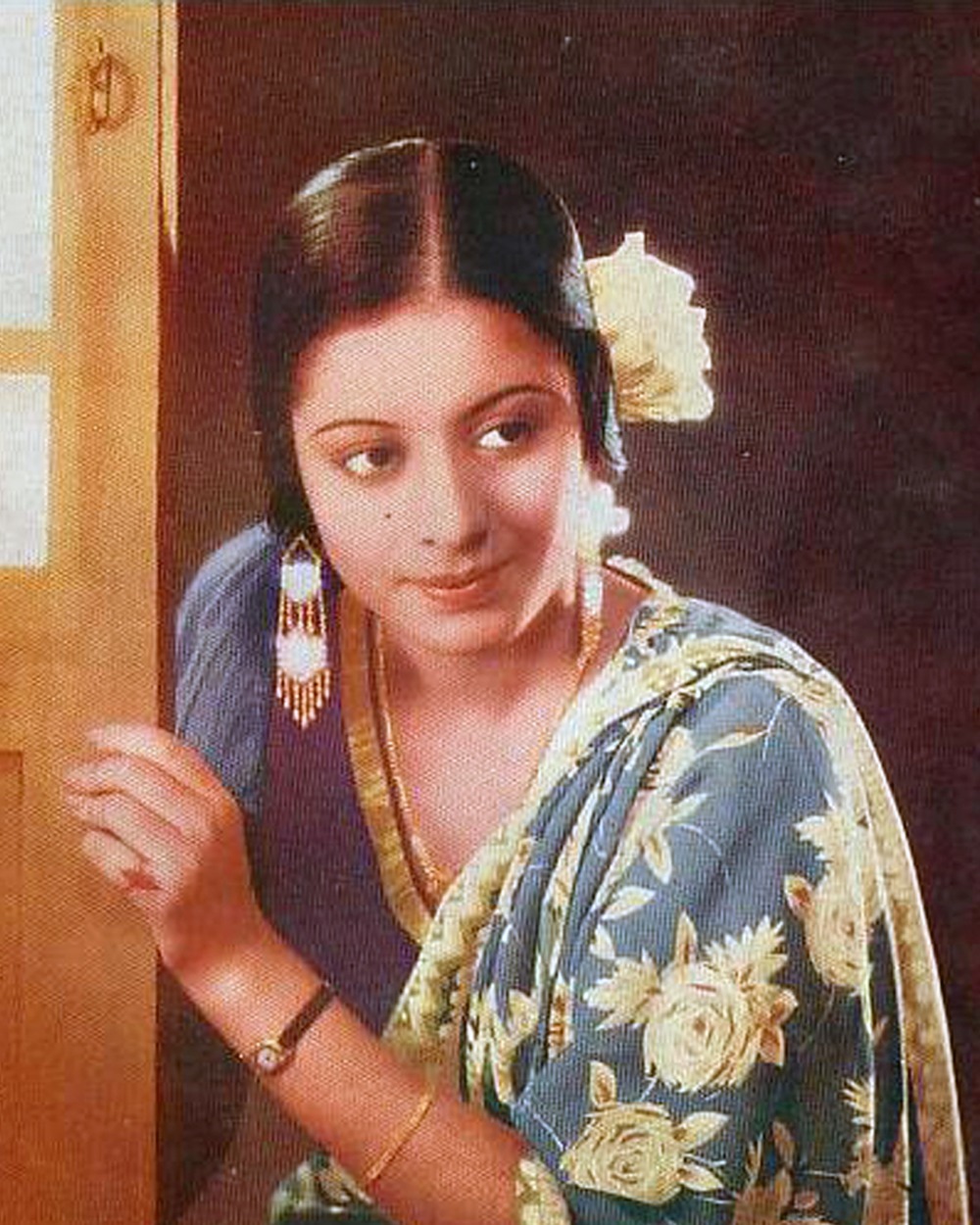
One of the first singing stars of Indian cinema, Kanan Devi rose from extremely humble beginnings to become a beloved icon in both Bengali and Hindi films. With a career that started in silent movies and transitioned seamlessly into the era of talkies, she became a sensation with her soulful performances in Mukti and Street Singer. Beyond her fame as an actress and singer, she later contributed to the industry as a producer and mentor to young talent.
Durga Khote (1983)

Durga Khote shattered social barriers by entering the film industry from an elite Maharashtrian family, at a time when cinema was seen as a disreputable profession for women. Her decision not only opened doors for women from 'respectable' backgrounds but also helped change perceptions around acting as a career. With iconic roles in classics like Mughal-e-Azam and Ayodhyecha Raja, and a career spanning over five decades, she left an indelible legacy as both an actress and a producer.
Lata Mangeshkar (1989)
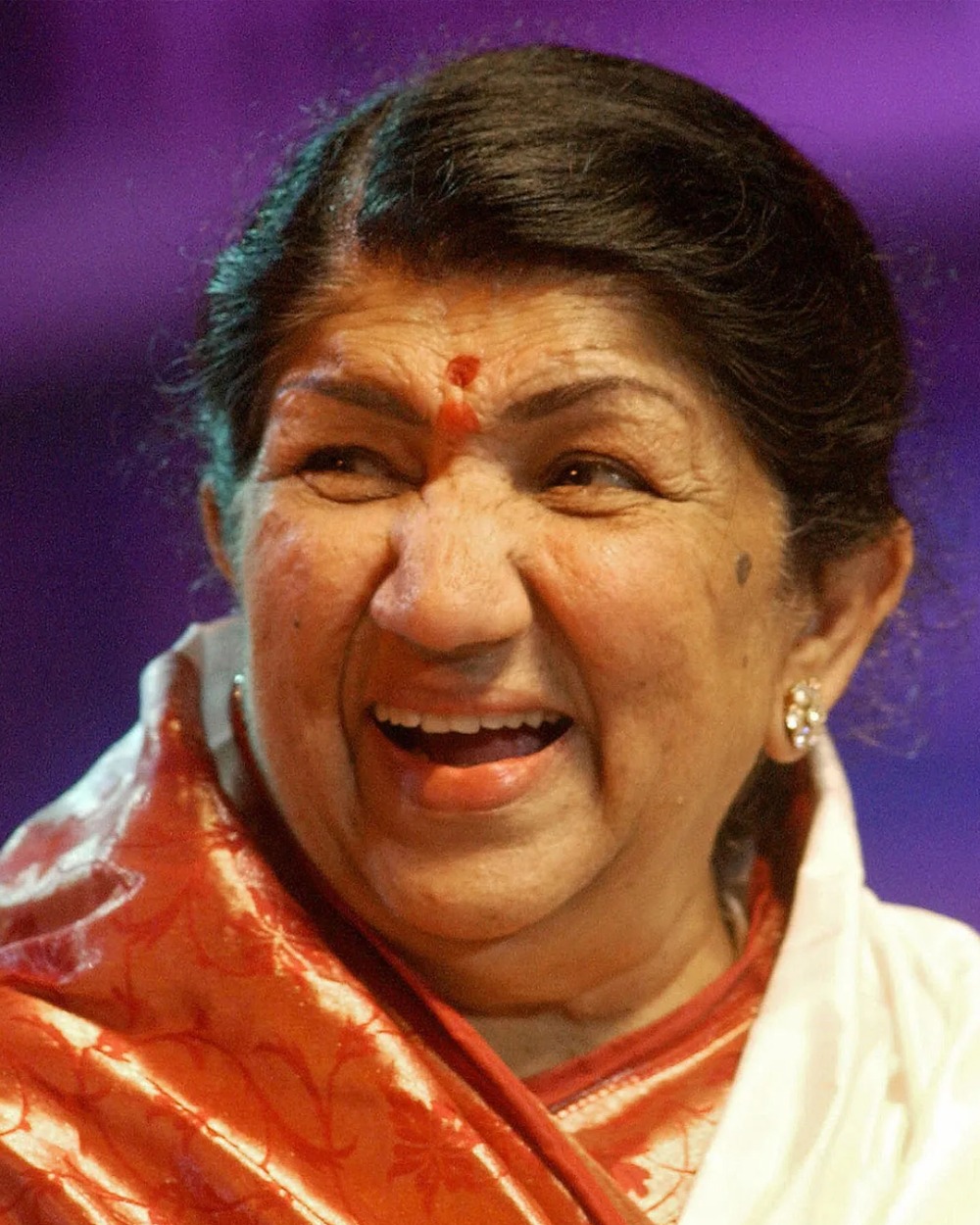
The mellifluous voice that serenaded India for over seven decades, Lata Mangeshkar was honoured with the Dadasaheb Phalke Award in 1989. Fondly known as the “Nightingale of India,” her songs have been the heartbeat of countless movies, each note infused with emotions that touch the soul. Her immense contributions to Indian music earned her the prestigious Bharat Ratna in 2001 and the French honour, Officer of the National Order of the Legion of Honour, in 2007.
Asha Bhosle (2000)
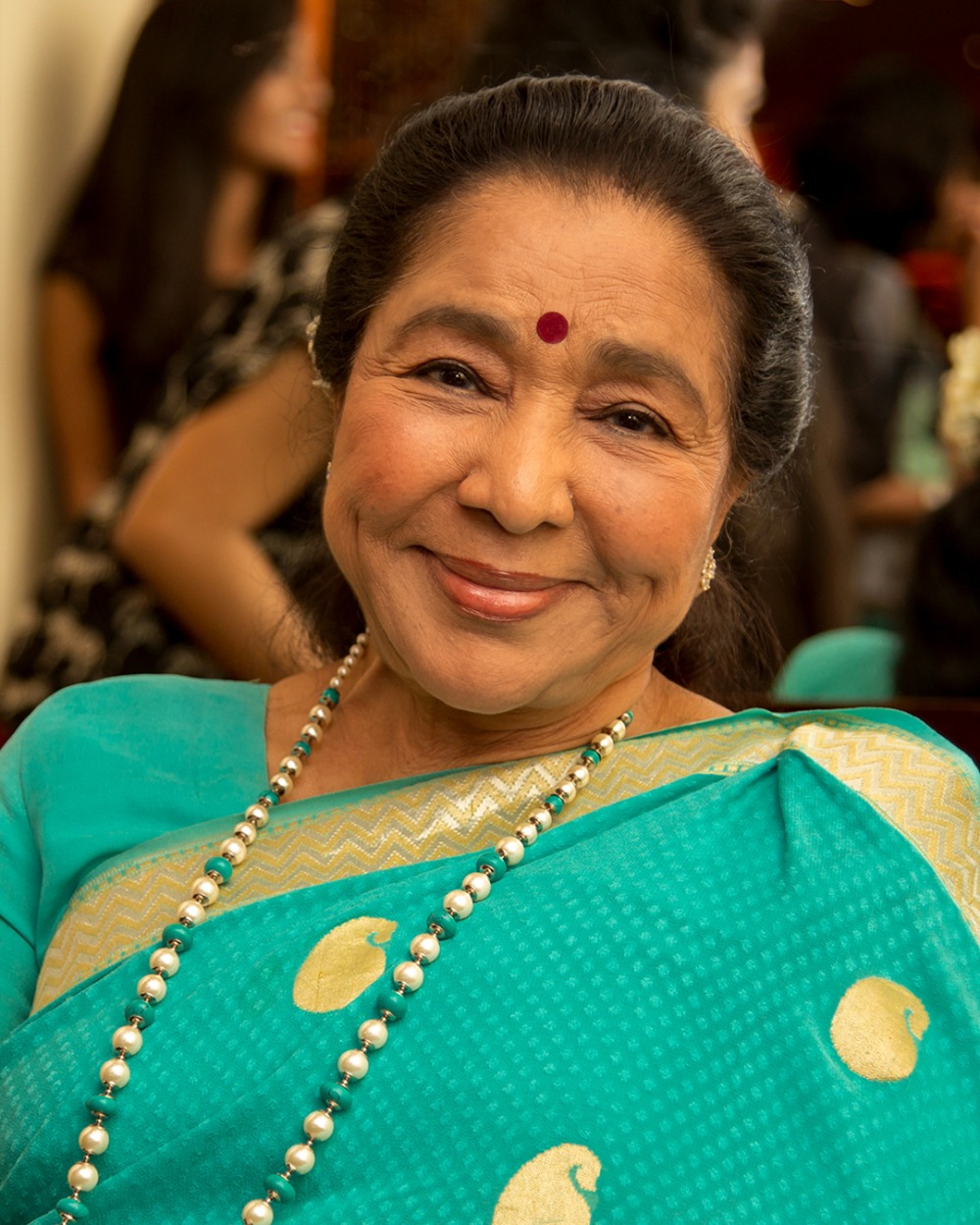
Lata Mangeshkar’s sibling Asha Bhosle, the epitome of vocal versatility, was awarded the Dadasaheb Phalke Award in 2000. Her voice painted the town with every shade of emotion, from haunting melodies to foot-tapping beats. Over her eight-decade-long career, she recorded songs in numerous Indian languages and received accolades including two National Film Awards, four Bengal Film Journalists’ Association awards, and a record seven Filmfare Awards for Best Female Playback Singer. In 2008, she was honoured with the Padma Vibhushan, India’s second-highest civilian honour.
Asha Parekh (2020)
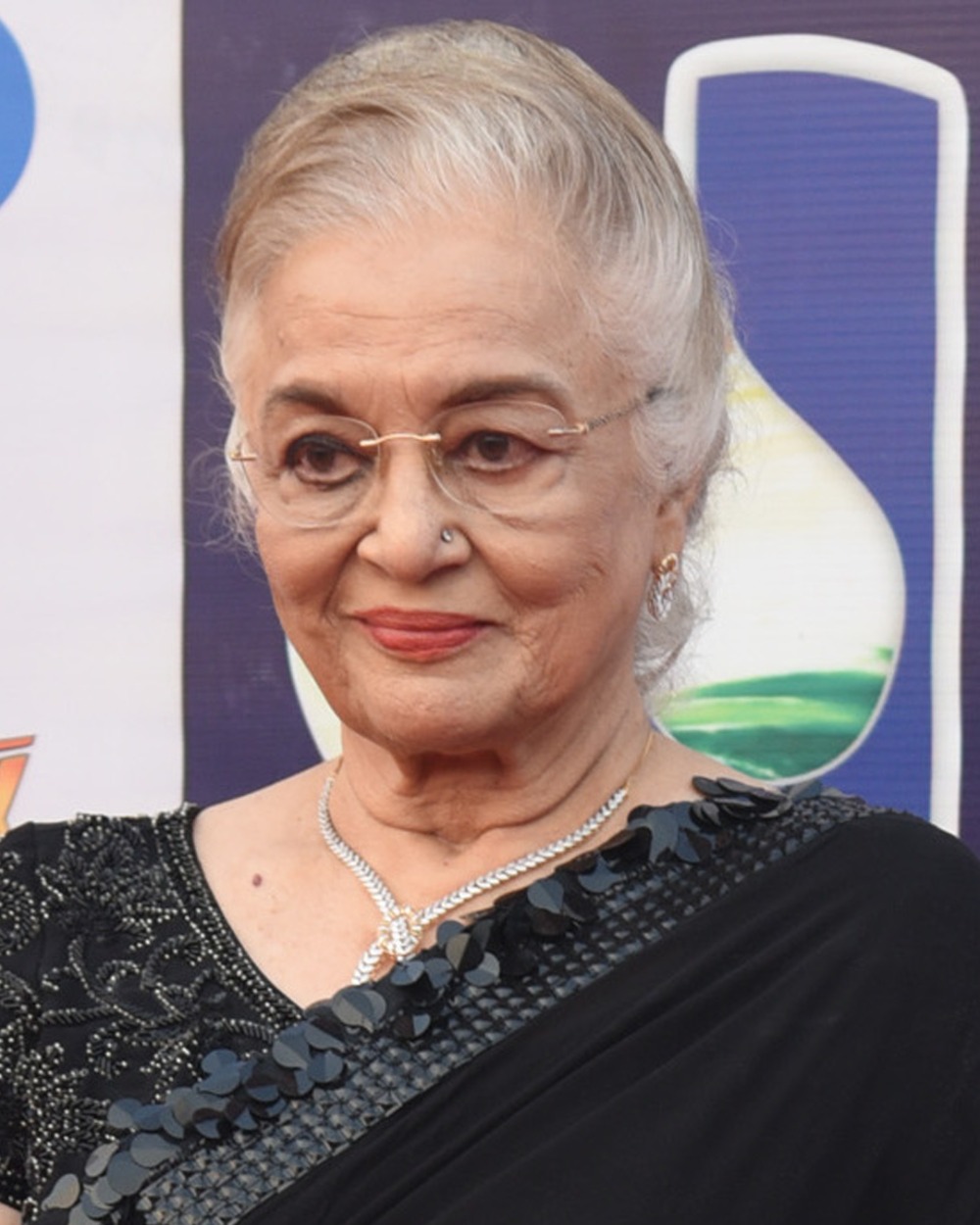
The 'Hit Girl' of Hindi cinema in the 60s and 70s, Asha Parekh brought a blend of vibrance, innocence, and charm to her roles. With a career full of box office successes and critically acclaimed performances, from Teesri Manzil to Kati Patang, she later became one of the first female heads of India's Central Board of Film Certification (CBFC). Awarded the Dadasaheb Phalke Award in 2020, her journey is one of consistent excellence both on and off the screen.
Waheeda Rehman (2023)
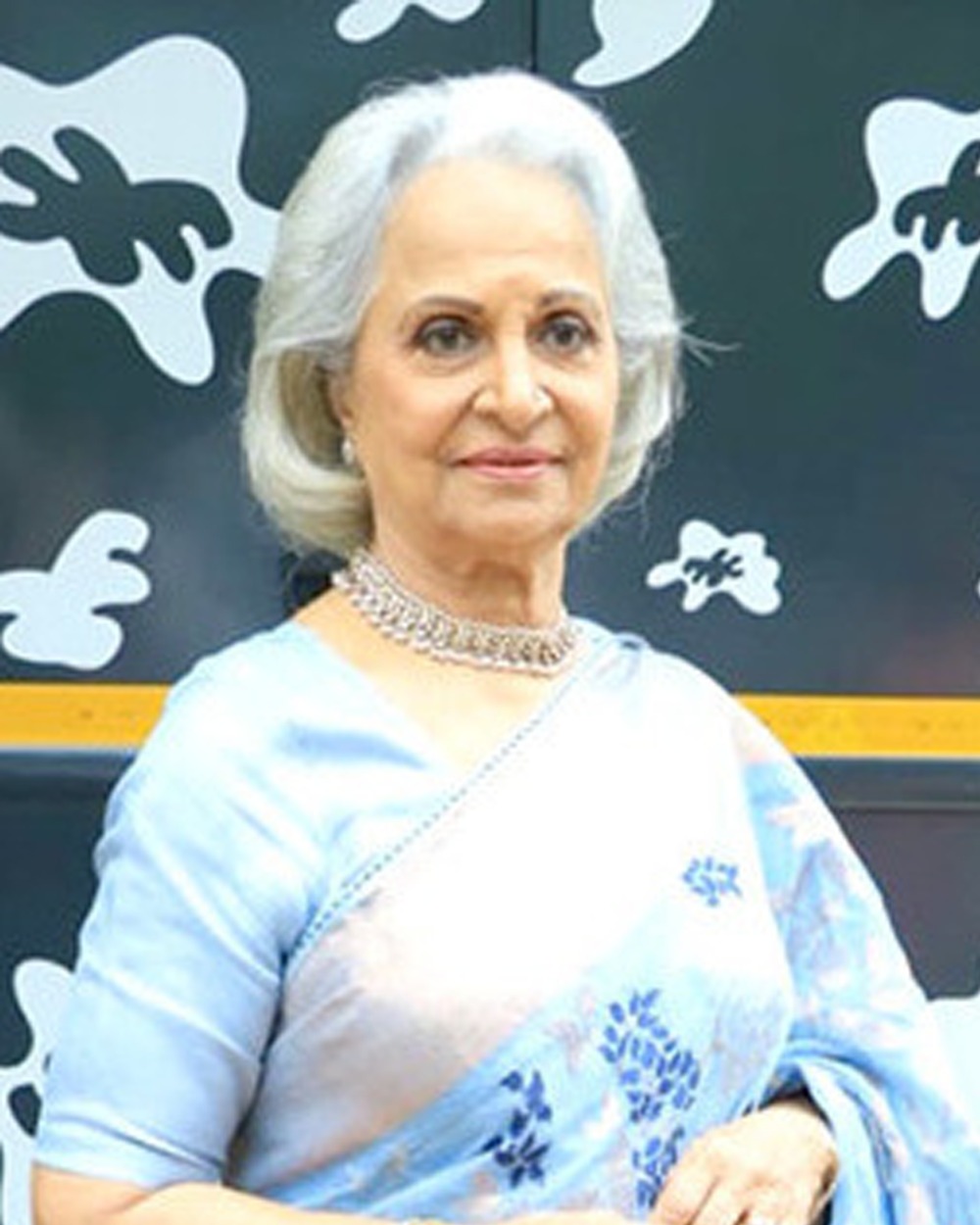
Regarded as one of Indian cinema’s most graceful and accomplished actresses, Waheeda Rehman was honoured with the Dadasaheb Phalke Award at the 69th National Film Awards. With iconic roles in Guide, Pyaasa, and Kaagaz Ke Phool, she combined luminous beauty with a deep, emotional intelligence that elevated every film she was part of. Known for choosing strong, unconventional roles, Waheeda Rehman has also been an advocate for women’s empowerment, both through her personal choices and her professional journey.